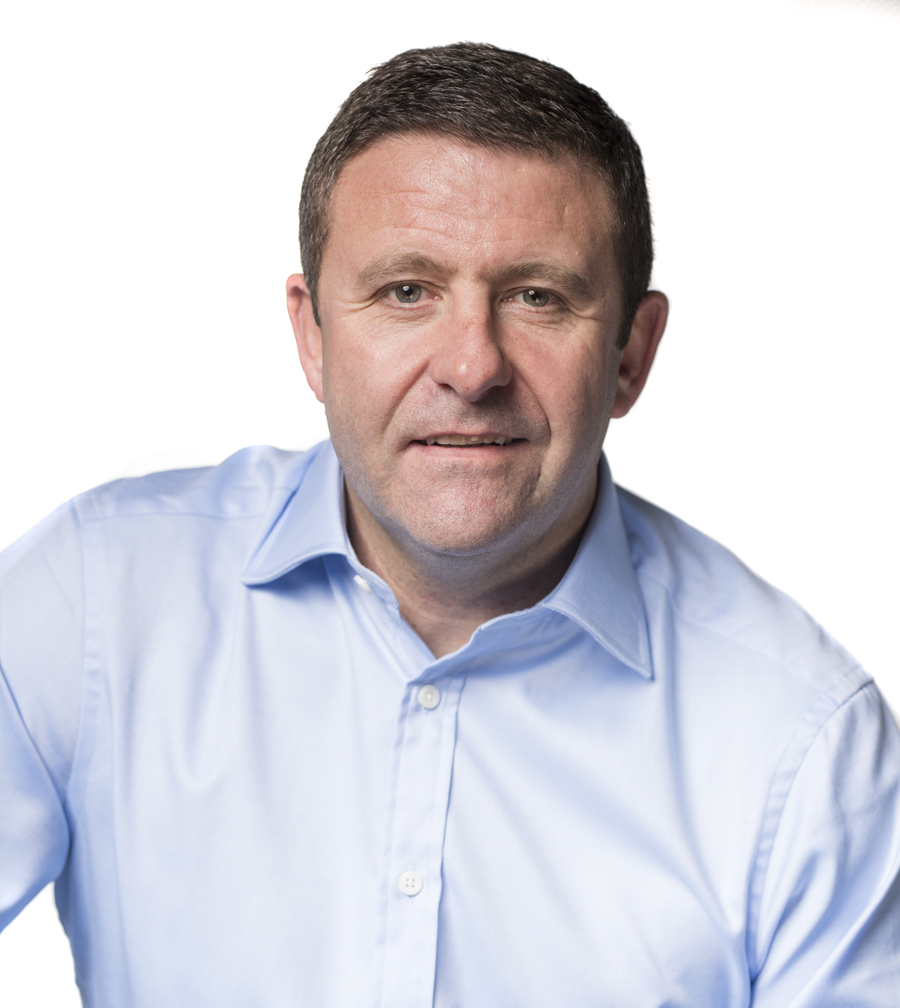Rob Tyson, director of Mining International Ltd, who specializes in recruiting top talent through search and select methodology across in the c-suite, management and technical space, offers some insights, in the first of a MINING.com series on employment trends in the industry.

MDC: How do you see demand for ESG-related skills growing and in what areas?
Tyson: ESG is growing in importance in mining where mining companies are making this one of their top priorities, if not their top priority.
This awareness is being driven down into organizations and they expect employees to be aware of ESG in their decisions and actions moving forward. It’s a crucial element in mining where you move into land to extract resources for evolution and profit —now there is a great emphasis on ESG in the host countries to have a more balanced outcome for all.
MDC: What are the most in-demand skills right now?
Tyson: There is a lack of mining engineers, resource geologists, electrical engineers and processing/metallurgists with hands-on skills across the global as less students are studying these types of subjects at university.
A wider issue we believe is the lack of hands-on site experience and with that middle management collectively. With less technical people coming into the industry over the last 10 years or so, this will have a knock on effect as there will not be enough experienced middle management applicants that have the depth and broader knowledge for middle management roles. This will prove crucial as the mining industry picks up pace due to governments new policies and incentives around the world.
Related: MINING.com sister company Edumine is hosting Shift – Exploring ESG – register here
MDC: How can ESG challenges corporations face today translate into employment opportunities?
Tyson: Additional skills and experiences are needed for the ESG challenges ahead, which will bring new people from other industries into mining to help facilitate additional requirements that mining companies will need to adhere to around environmental and sustainability issues the world faces.
The social aspect also needs improvements made as mining companies have always been faced with social issues with host and local communities and although this seems to be improving, there is still a lot of work that needs to be done in various parts of the world to bridge the gaps of expectations between the various parties.
MDC: How can candidates and companies improve their ESG credentials?
Tyson: Candidates and companies have to believe that sustainability leads to better business practices and therefore companies can continue to maintain high standards and profitability.
Both candidates and companies need to be more responsible for their actions and understand what ESG actually stands for and represents. Mining companies need to work on their carbon footprint and reduce carbon emissions as much as they can to help further protect the environment and be more responsible in sourcing ethical supply chains.
They also need to work towards high standards of measurable social and environmental performance, public transparency, reduce corruption and legal accountability to balance profit and purpose. This is increasing important for companies mining in foreign lands where transparency needs to improve and work hand in hand with the government and local communities to create win/win scenarios for all parties.
“Additional skills and experiences are needed for the ESG challenges ahead, which will bring new people from other industries into mining to help facilitate additional requirements that mining companies will need to adhere to”
Rob Tyson, Director, Mining International Ltd.
Individually as employees and business owners, ESG factors that we need to work on are in areas such as diversity of the workforce, mental health and well being of staff and upskilling.
We as individuals need to be aware of others and our surroundings and assess the situations and challenges we are faced with daily and act ethically and responsible in our actions and decisions.
With current global events, the health (physical and mentally) and well being of other humans must be our top priority. Everyone of us is unique and we all have our own unique challenges with what’s happening in the world today so we need to address these more individualistically rather than as a collective and work with employees to help solve their challenges.
Looking forward into the future, candidates need to understand the global picture and agenda and start to look on building the necessary skills to adapt to all the new changes that will become more evident over time. New technologies and AI are increasing playing an important role in many tasks and activities we all do and one needs to understand this but more importantly, work out how we can add value and make a significant difference (not compete) to the outcome.
MDC: How can the mining sector reposition itself to secure social licenses and attract the in-demand talent pool?
Tyson: A social license to operate (SLO) refers to the level of acceptance or approval by local communities and stakeholders of organizations and their operations. The industry needs to ensure sustainable mining in the host community or country, environmental protection, cooperation with the local communities to ensure longevity and viability of the mining sector.
This is becoming increasingly important in the international mining community where western countries look to invest in developing countries and have to consider economic, social, political and environmental factors in their strategy to invest.
In today’s environment with the pandemic, economic uncertainly around governments policies, rising debt levels and sovereign risks, these factors are even more crucial in deciding to invest time, effort and capital into riskier mining jurisdictions and companies are doing more due diligence around these to reduce risk and exposure.
With 20 years of industry experience, Tyson is also the host of “Dig Deep, The Mining Podcast” that first aired in 2018 and, across 165 countries, provides interviews with mining executives and professionals where they discuss, educate and discuss industry news, hot topics and company reviews from across the globe.



